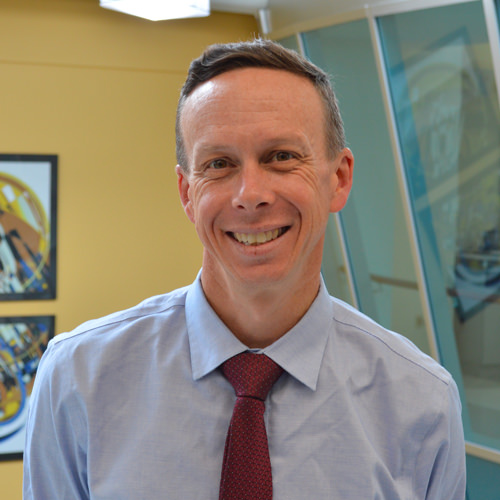Feedback as a Faculty (Re)Engagement Strategy
Last updated May 20, 2024Course Length
1h 55m
Last Updated
May 20, 2024

Feedback as a Faculty (Re)Engagement Strategy
Last updated May 20, 2024Table of Contents
Are you concerned with how faculty will interpret feedback amid a challenging higher education climate?
Overview
Both affirmative and constructive one-on-one feedback are critical to faculty talent development. Feedback that is appropriate for the career level (assistant, associate, professor) provides clarity, direction, goal alignment and motivation, all of which are required to successfully navigate today’s higher education landscape filled with complexity and uncertainty. Feedback, when delivered effectively, can promote creativity, productivity, learning and growth, job satisfaction, and, ultimately, retention through faculty career stages. However, with quitting (both quiet and loud) so prevalent—and current faculty morale so low—providing feedback to faculty can feel high-risk. You don’t want to alienate faculty any further.
Join us online for a two-hour workshop in which we’ll practice the art of providing feedback to faculty in an effort to both develop their talent and re-engage them. We’ll begin the workshop with a short lesson on the most critical components of effective feedback (i.e., timing and consistency, as well as delivery method, mode, and tone) and how they may be influenced by generational differences. You’ll then have time with your peers to practice giving feedback using your new skills. If you’re looking to grow your skills and comfort in giving feedback, this workshop is for you!
Who should attend?
This event is designed for any/all Department Chairs, Heads, and/or Program Directors who are interested in improving their skills and comfort levels in providing feedback to faculty. Other academic leaders, such as Deans, Associate/Assistant Deans, and Faculty Affairs are also encouraged to attend.
See Full Series
This event is part of a discussion series for department chairs. Learn more about the series, how it works, when the other discussions will occur, the speaker panel, and who it was designed for.
You may also be interested in
Tagged In
$495





